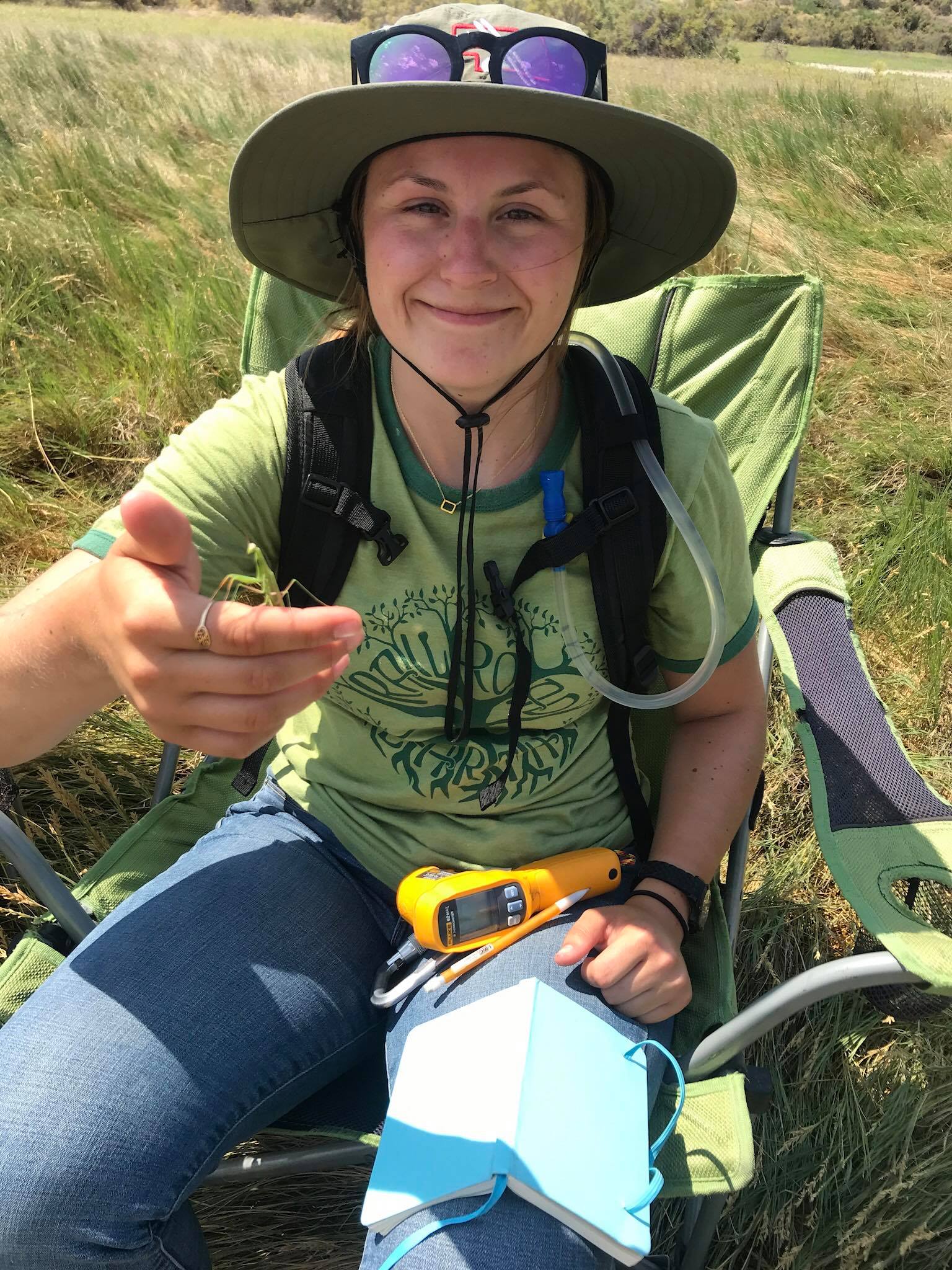
University of Nebraska-Lincoln student Ema Muslic always knew she would have a career related to sustainability. And though she has found her passion in environmental restoration, she is not afraid to dip her toes in many subjects in her pursuit of a university degree.
“I believe immersing yourself in a wide range of fields like hydrology, soil science, ecology, gives you so many more learning/career opportunities,” she said.
Muslic, a junior environmental restorations science and geography double major, started college as a biosystems engineering major. It didn’t seem to fit, so Muslic started to think about the School of Natural Resources.
“When I saw all of the awesome hands-on experiences my SNR friends were participating in, I knew I wanted to be a part of it,” she said.
Muslic changed her major and joined every organization that interested her. She’s the president of the Soil and Water Resource Club, participates in a fly-fishing class, and is a member of the award-winning UNL Soil Judging Team.
“It has opened my mind up to soil science,” she said, “and I’ve made some extremely cool friends.”
Muslic kept her toe in the biological systems engineering department, as well, where she works as a student researcher on hydroponics, a method of growing plants in mineral-rich water without soil. She’s also worked with SNR doctoral student Kelly Willemssens to research tiger beetles in Yellowstone National Park.
Using all her diverse experiences, Muslic has a good plan for the future.
“I hope to work for the government or private sector for a few years involving restoration projects,” she said. “Then pursue further education to focus on ecosystem pollution and remediation.”
She credits some of her success to SNR, which has allowed her to try many subjects and experiences within one bachelor’s degree.
“I like that I can find a new interest within natural resources and talk to peers and faculty who are also passionate about those subjects,” she said.
Alli Dickey, for the School of Natural Resources